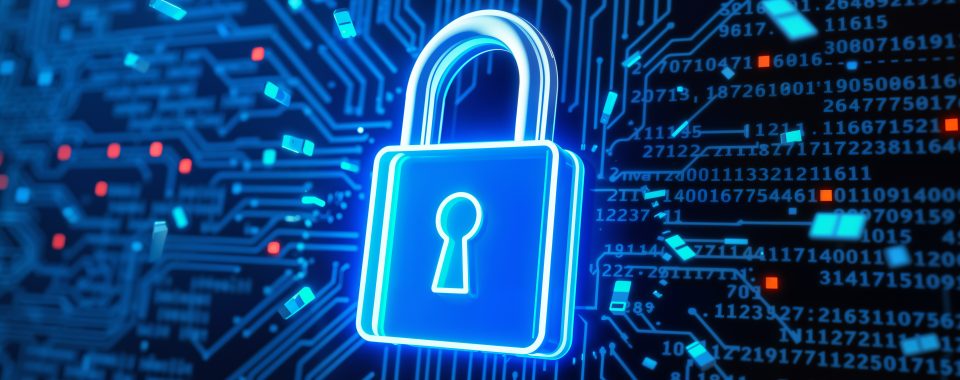
In 2025, cybersecurity is no longer a niche concern for tech companies — it’s a critical issue that touches nearly every part of our lives. From online banking to remote work, personal emails to cloud storage, our digital footprints are bigger than ever, and so are the threats.
Whether you’re a business owner, freelancer, or everyday internet user, now is the time to understand how to protect your data and digital identity.
What Is Cybersecurity?
Cybersecurity is the practice of defending systems, networks, and data from cyberattacks. These attacks can take many forms: viruses, phishing, ransomware, identity theft, and more.
The goal? To ensure the confidentiality, integrity, and availability of digital assets — whether they belong to a company, a government, or you.
Why Cybersecurity Is More Important Than Ever in 2025
1. Cybercrime Has Evolved
Today’s cybercriminals use advanced tools like AI, automation, and deepfakes to target individuals and organizations. It’s no longer about stealing passwords — it’s about large-scale attacks, financial fraud, and disruption.
2. Remote Work Increases Risk
With more people working from home, hackers are exploiting weak home Wi-Fi networks, personal devices, and untrained users to access corporate systems.
3. Your Data Is Valuable
Every app you use collects personal information. If that data is exposed in a breach, it can lead to identity theft, credit fraud, or worse.
4. Laws and Compliance Are Tightening
Governments are enforcing stricter regulations like PDPA in Malaysia, GDPR in the EU, and others. Failure to protect data can result in fines and legal action.
Common Cyber Threats to Watch
- Phishing: Fake emails or messages tricking you into giving up sensitive data
- Ransomware: Malicious software that locks your files until a ransom is paid
- Credential stuffing: Hackers using leaked login details to access multiple accounts
- Public Wi-Fi attacks: Intercepting your data when connected to insecure networks
- Malware: Viruses and malicious apps that steal, delete, or spy on your data
How to Protect Yourself (and Your Business)
✅ Use Strong, Unique Passwords
Never reuse passwords across sites. Use a password manager to generate and store them securely.
✅ Turn On Two-Factor Authentication (2FA)
This adds a second step to logins, making it much harder for hackers to get in.
✅ Update Your Software Regularly
Many cyberattacks exploit outdated systems. Always install security updates promptly.
✅ Avoid Suspicious Links
Don’t click on unknown links or attachments — especially if the message seems urgent or unusual.
✅ Backup Your Data
Use cloud storage or external drives to regularly back up important data. It’s your best defense against ransomware.
✅ Use Antivirus and VPN Tools
Modern security software can detect threats early. VPNs add a layer of encryption, especially on public Wi-Fi.
Why Small Businesses Must Pay Attention
Nearly half of all cyberattacks target small and medium businesses. Why?
- Weaker defenses
- Outdated systems
- Lack of IT support
- Valuable customer data
A single breach could lead to downtime, lost revenue, and reputational damage. Investing in cybersecurity is no longer optional — it’s a cost of doing business.
What’s Next for Cybersecurity?
Looking forward, we can expect:
- AI-powered security tools that detect and block threats in real-time
- Zero Trust models, where no device or user is trusted by default
- Biometric logins becoming more common (like fingerprint or facial recognition)
- Cyber insurance becoming standard for businesses of all sizes
Cybersecurity isn’t just about firewalls or antivirus software — it’s about awareness, habits, and taking small steps that add up to big protection.
In 2025, the digital world isn’t just where we work — it’s where we live. And just like locking your front door, it’s time to lock down your digital life.
Start with strong passwords. Stay alert. Keep learning.
Your security starts with you.







